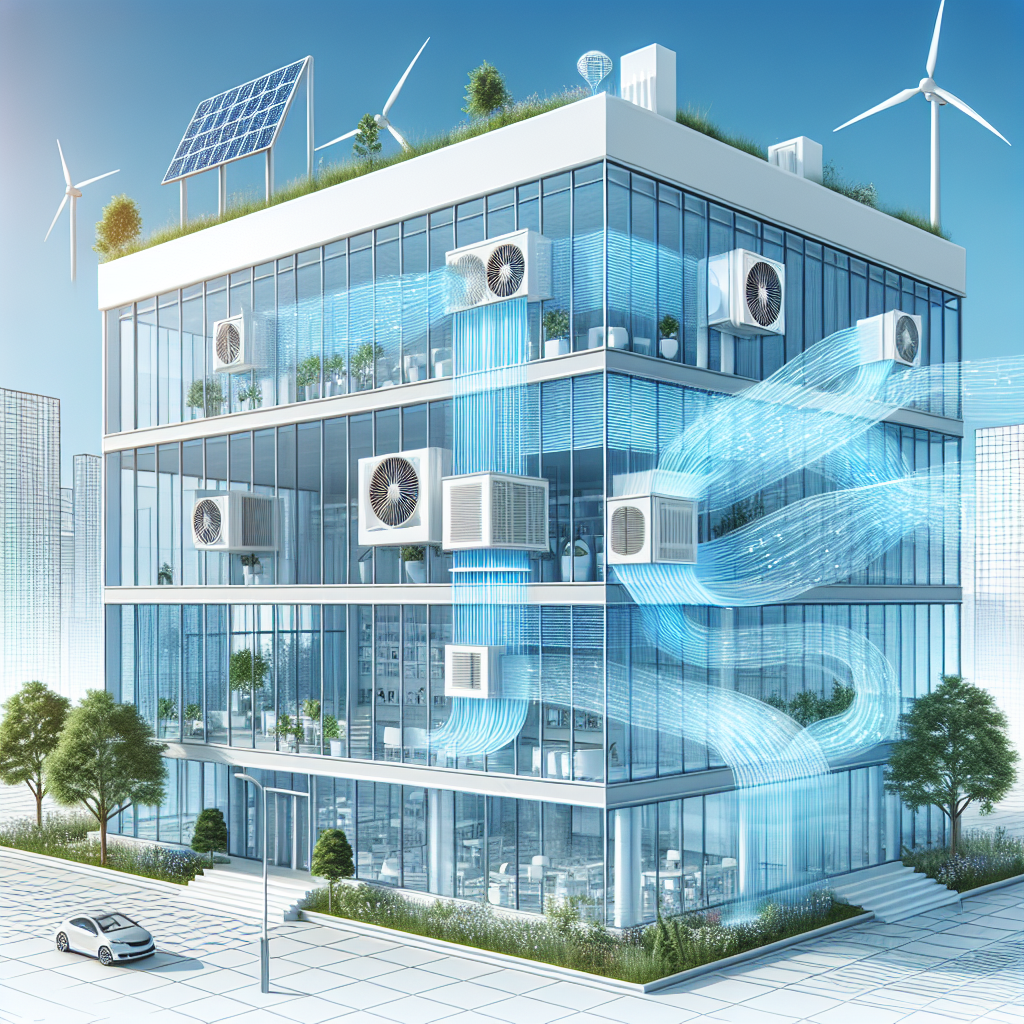Your cart is currently empty!
The Impact of Ventilation on Energy Efficiency and Cost Savings

Proper ventilation is a crucial component of energy efficiency in buildings, both residential and commercial. The impact of ventilation on energy efficiency and cost savings cannot be overstated, as it plays a significant role in maintaining indoor air quality, reducing energy consumption, and ultimately lowering utility bills.
One of the key benefits of effective ventilation is the removal of indoor air pollutants and moisture. Poor ventilation can lead to a buildup of harmful pollutants such as volatile organic compounds (VOCs), mold, and dust, which can have adverse effects on occupants’ health. By ensuring adequate ventilation, these pollutants are expelled from the indoor environment, creating a healthier and more comfortable living or working space.
Furthermore, proper ventilation can also help regulate indoor humidity levels, preventing the growth of mold and mildew. Excess moisture in the air can not only damage building materials but also pose health risks to occupants. By controlling humidity through ventilation, the risk of mold growth and associated health issues can be minimized.
In terms of energy efficiency, ventilation plays a critical role in maintaining a comfortable indoor temperature. Proper ventilation can help distribute air evenly throughout a building, preventing hot or cold spots and reducing the need for excessive heating or cooling. This, in turn, can lead to lower energy consumption and reduced utility costs.
In addition, ventilation systems that are properly designed and maintained can also improve the overall energy performance of a building. By incorporating energy-efficient ventilation technologies, such as heat recovery ventilators (HRVs) or energy recovery ventilators (ERVs), buildings can recover and reuse heat from outgoing air, reducing the need for additional heating or cooling. This not only saves energy but also lowers operating costs in the long run.
Overall, the impact of ventilation on energy efficiency and cost savings is undeniable. By investing in proper ventilation systems, building owners can improve indoor air quality, reduce energy consumption, and lower utility bills. It is essential to prioritize ventilation as part of a comprehensive energy efficiency strategy to create a healthy, comfortable, and energy-efficient indoor environment.

Leave a Reply